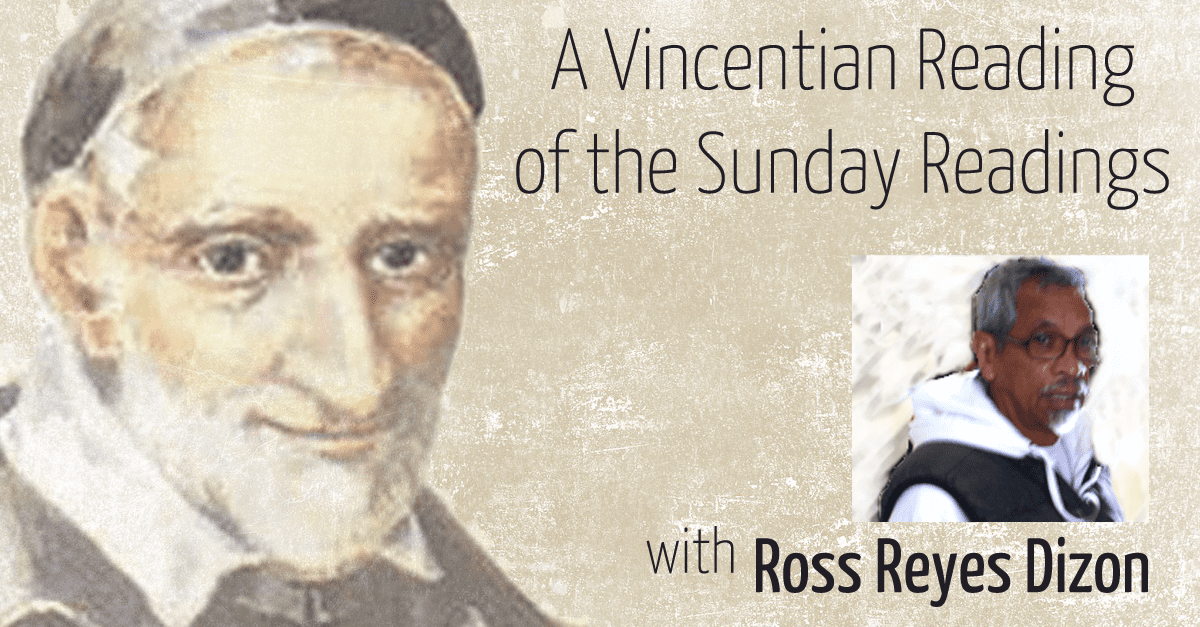Jesus is the last and surest proof that God loves us. Because of this love, God is not the God of the dead, but of the living; all are alive for him.
The Sadducees deny that there is a resurrection or that the dead can be alive again because of it. So, with their question that deals with levirate marriage (Gen 38, 8; Dt 25, 5), they mean to make fun of the belief in the resurrection.
For the Sadducees, then, —and considering besides that they deny that angels and spirits exist (Acts 23, 8)—, there is no afterlife. What matters is being alive here and now.
And it is no wonder that the Sadducees want to be alive so. After all, why look for or worry about another life when they have it so good here on earth?
That is because the Sadducees make up the priestly aristocracy and the conservative class of landholders and traders. They are from rich families that belong to Jerusalem’s elite. And since stability is good for business, they are more willing to come to an understanding and compromises with Rome.
And their life of ease and well-being does to the Sadducees what it does to the rich fool (Lk 12, 3-21). That is to say, it locks them up in themselves, their interests and machismo. So self-absorbed, they forget those in need.
Such life, moreover, does not make the Sadducees hope for something beyond this life. They do think that it is ridiculous to hope for an afterlife. Besides being ridiculous, such hope cheats people of the happiness of the present.
One stays alive even in death because of God’s love.
In denying the resurrection and the life beyond death, the Sadducees underestimate the power of God’s love. Just as they underestimate God’s love, too, those who grumble that Jesus has gone to stay at Zacchaeus’ house. For God’s love is so strong it does not give up on the worst sinner even.
This love is so strong, too, that he is the God of the living, since all are alive for him. God’s love is not only for what is and the like. It is love even for what is not, for the unlike, the unworthy, the worthless, the lost (J. Moltmann). Breaking the spell, “Nothing comes out of nothing,” the power of God’s love brings nothing into being and raises the dead to life. And it gives the poor good hope, not drugs, that prods them to act.
Needless to say, those who would be alive have to dive into God’s love. For passing from death to life means loving the brothers and sisters (Jn 3, 14).
Lord Jesus, thanks to your inventive love, we have the Eucharist (SV.EN XI:131). Make us take seriously your teaching, that those who eat your flesh and drink your blood have eternal life. And that you will raise and keep them alive.
10 November 2019
32nd Sunday in O.T. (C)
2 Mac 7, 1-2. 9-14; 2 Thes 2, 16 – 3, 5; Lk 20, 27-38








0 Comments